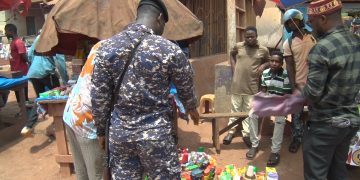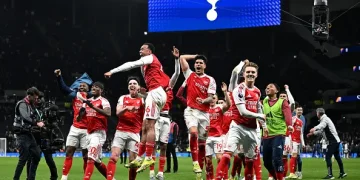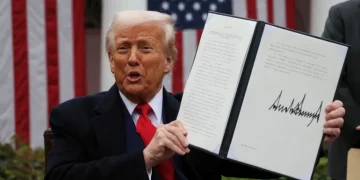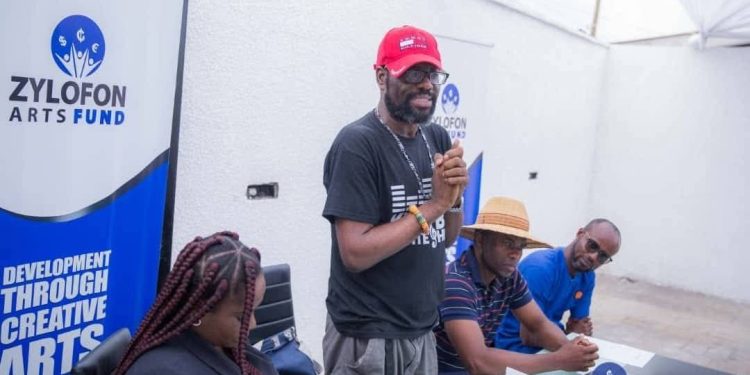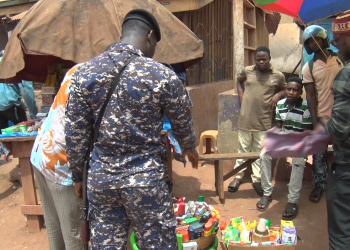The Ghanaian creative industry didn’t collapse because of a lack of talent or government neglect. It fell apart because we, the creatives ourselves, lost discipline, broke trust, and destroyed investor confidence.
Speaking From Experience let me speak my truth not from theory but from experience.
For years, I’ve watched this industry rise, shine, and sadly, collapse before our very eyes.
And I must say this without fear or favour:
We, the creatives, played a big role in killing our own industry.
Yes, I said it. We drove investors away.
We insulted them, disrespected them, defaulted on our promises, and made them feel their money didn’t matter.
But it does. Because creativity without capital is just imagination and imagination alone does not build an industry.
Investor Confidence Destroyed
Every creative ecosystem stands on four pillars: Talent, Structure, Legislature, and Money.
We have the talent Ghana is full of gifted filmmakers, musicians, designers, writers, and performers.
The government has even played its part, establishing institutions and passing laws to guide us.
But we failed to build structure, and worse, we destroyed the confidence of those who brought in the money.
When an investor supports a film, concert, or art project, they take a risk. They believe in us.
Yet what do we do? We break contracts, quarrel publicly, and turn business partners into enemies.
Then, we turn around to blame the government for our failures.
That is hypocrisy.
You can not chase away the people who feed your dream — and then cry that you’re hungry.
The Zylofon Art Fund Our Biggest Lesson Ignored
Let’s talk about the Zylofon Art Fund, one of the most ambitious initiatives ever launched to support Ghanaian creatives.
It was created to finance films, music, fashion, and other creative projects.
It was not giving loans with interest payments. No, it was funds to support your project and return the same amount without any interest so others can also come for it, Simple.
Many creatives submitted polished proposals with clear budgets and timelines. Funding was approved by a board made up of creatives. Productions began.
Some projects were completed successfully.
But when it came to accountability, things fell apart.
Some beneficiaries simply refused to return funds, they became creative about the returns.
Instead of treating it as a revolving fund to empower others, many treated it like it was free money.
We chased them across and set out to send some to court to retrieve the monies.
When the mother company, Menzgold, faced its own challenges by the then government forcefully shutting it down and collapsing it, the Art Fund fell with it.
What hurt most was not just the collapse itself but how some industry players went on radio and TV, mocking the initiative, celebrating its downfall. Funny enough, I heard and saw people who have presented proposals also jump around in celebration mood
Tell me which serious investor would return to an industry that laughs when a support system fails?
That was the moment many potential backers turned away from us for good.
The Pattern Across Creative Sectors
This pattern of self-sabotage runs across all sectors of our creative space.
In music, artists fight their managers and producers over money and rights.
In film, actors and producers clash publicly over roles, credits, and payments.
In fashion, sponsors complain about disorganization and lack of accountability.
Even in visual arts, galleries and artists often disagree on pricing and commissions.
In digital media, content creators sign brand deals but fail to deliver agreed results ruining the trust for others.
Each of these acts, whether big or small, drives away the investors who could have sustained us.
Government and Structure
Now, let’s be honest.
No government can fix an industry whose people refuse to fix themselves.
But policymakers and regulators also have work to do.
They must understand our challenges and enforce discipline across the industry.
Charlatans must be weed out from the system, and it must be done with brut force and firm hands
We need a system that:
Licenses producers properly and trains them on contracts, budgeting, and investor relations.
Licenses performers and gives them a clear framework for grievances and accountability.
Builds a structured distribution network that guarantees investors fair returns.
Protects intellectual property and punishes piracy decisively on radio, TV, and online.
Without such systems, we will continue chasing shadows while others build unsustainable creative economies.
The Way Forward
If we truly want to rebuild this industry, the journey must begin with discipline and accountability.
We must sign contracts, respect agreements, and share revenue transparently.
We must learn the business of our art, not just the performance.
It’s time to stop treating the arts like a playground and start running it like an enterprise.
When we finally respect the full value chain from investor to artist to marketer, we will see revival.
Final Thoughts
My message is not to condemn, but to awaken.
I have given my youth, my sweat, and my name to this industry.
I have seen its glory days, and I refuse to watch it die from pride and ignorance.
Let us humble ourselves and rebuild trust with those who once believed in us.
Let us bring investors back not by begging but by proving our credibility.
If we do that, then maybe, just maybe, our creative industry will rise again.
Ghana will once more take her rightful place as the creative heartbeat of Africa.
Source :www.kumasimail.com


